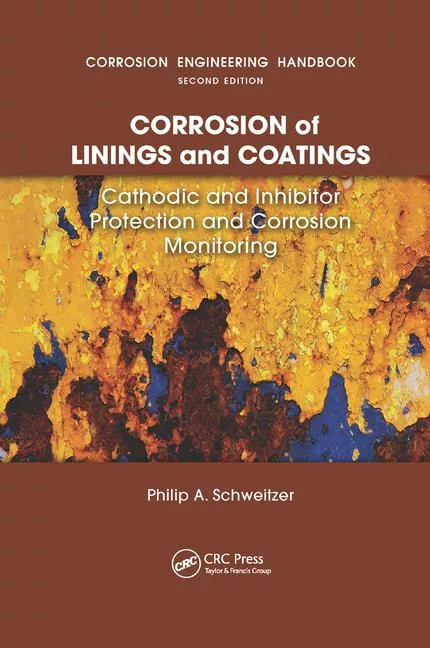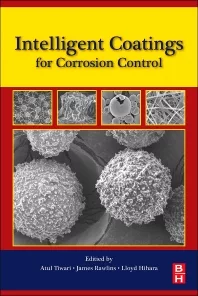World Corrosion Organization Granted NGO Status
NEW YORK, NY - The World Corrosion Organization (WCO) has been granted non-governmental organization (NGO) status by the United Nations Department of Public Information Non-Governmental Organization (DPI/NGO) section.
In selecting WCO for NGO status, the DPI/NGO recognizes that WCO has the unique capability to make a substantial contribution to the work of the DPI. By including WCO as a resource, the DPI acknowledges the need to provide greater corrosion prevention and mitigation guidance to the world.
The DPI/NGO section is part of the department’s Outreach division and acts as its liaison between the United Nations, NGOs and other civil society organizations. It oversees partnerships with associated NGOs and provides a wide range of information services to them. These include weekly NGO briefings, communication workshops, an annual NGO conference and an annual orientation program for newly associated NGOs.
“This is an exciting step in the life of the WCO. Being granted NGO status will enable the WCO to reach a wider audience and impact policy makers about the impact of corrosion and what can be done to address this silent killer,” said George Hays, WCO Director General.
Currently there are 1549 NGOs with strong information programs associated with DPI, out of which 728 are also associated with the Economic and Social Council (ECOSOC). While consultative status with ECOSOC may be obtained by NGOs whose work covers issues on the agenda of ECOSOC, association with DPI also requires having effective information programs in place and the ability and means to disseminate information about the work of the United Nations.
In a series of studies performed by the members of WCO, the global cost of corrosion was found to be $2.2 trillion per year. As much as 30 percent of the cost ($600 billion) can be prevented today with no new research. For additional details on this and other facts about the impact of corrosion, visit the WCO site at www.corrosion.org.
“The partnership between DPI and WCO will help focus the discussion on asset preservation and sustainability of critical infrastructure around the globe. The number-one challenge to the world’s population is clean drinking water. Through the resources and expertise available as part of the WCO, we can ensure a 100-year life on many of these assets if they are designed, built and maintained properly,” said Wayne Burns, WCO President.
The WCO, based in New York City, NY, is comprised of 27 of the largest corrosion societies, with over 50,000 individual members worldwide. The mission of these organizations is encompassed in the work of the WCO: to promote education and best practices in corrosion prevention and mitigation for the socio-economic benefit of society, preservation of resources and protection of the environment.
In selecting WCO for NGO status, the DPI/NGO recognizes that WCO has the unique capability to make a substantial contribution to the work of the DPI. By including WCO as a resource, the DPI acknowledges the need to provide greater corrosion prevention and mitigation guidance to the world.
The DPI/NGO section is part of the department’s Outreach division and acts as its liaison between the United Nations, NGOs and other civil society organizations. It oversees partnerships with associated NGOs and provides a wide range of information services to them. These include weekly NGO briefings, communication workshops, an annual NGO conference and an annual orientation program for newly associated NGOs.
“This is an exciting step in the life of the WCO. Being granted NGO status will enable the WCO to reach a wider audience and impact policy makers about the impact of corrosion and what can be done to address this silent killer,” said George Hays, WCO Director General.
Currently there are 1549 NGOs with strong information programs associated with DPI, out of which 728 are also associated with the Economic and Social Council (ECOSOC). While consultative status with ECOSOC may be obtained by NGOs whose work covers issues on the agenda of ECOSOC, association with DPI also requires having effective information programs in place and the ability and means to disseminate information about the work of the United Nations.
In a series of studies performed by the members of WCO, the global cost of corrosion was found to be $2.2 trillion per year. As much as 30 percent of the cost ($600 billion) can be prevented today with no new research. For additional details on this and other facts about the impact of corrosion, visit the WCO site at www.corrosion.org.
“The partnership between DPI and WCO will help focus the discussion on asset preservation and sustainability of critical infrastructure around the globe. The number-one challenge to the world’s population is clean drinking water. Through the resources and expertise available as part of the WCO, we can ensure a 100-year life on many of these assets if they are designed, built and maintained properly,” said Wayne Burns, WCO President.
The WCO, based in New York City, NY, is comprised of 27 of the largest corrosion societies, with over 50,000 individual members worldwide. The mission of these organizations is encompassed in the work of the WCO: to promote education and best practices in corrosion prevention and mitigation for the socio-economic benefit of society, preservation of resources and protection of the environment.
Looking for a reprint of this article?
From high-res PDFs to custom plaques, order your copy today!






